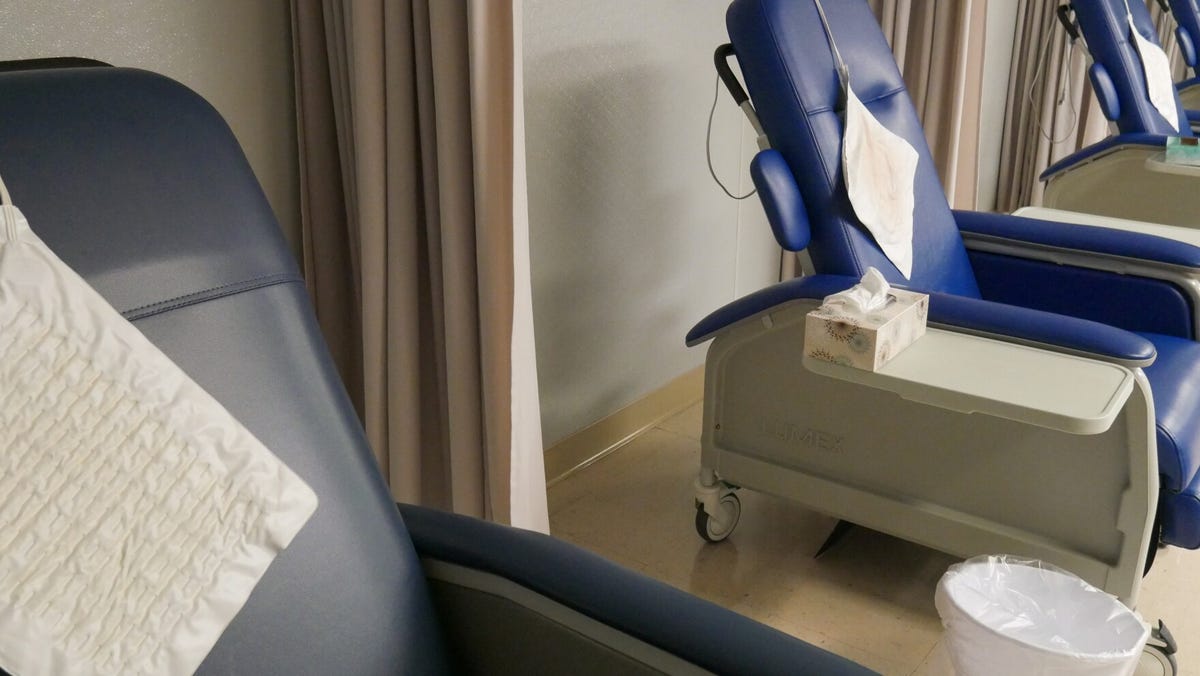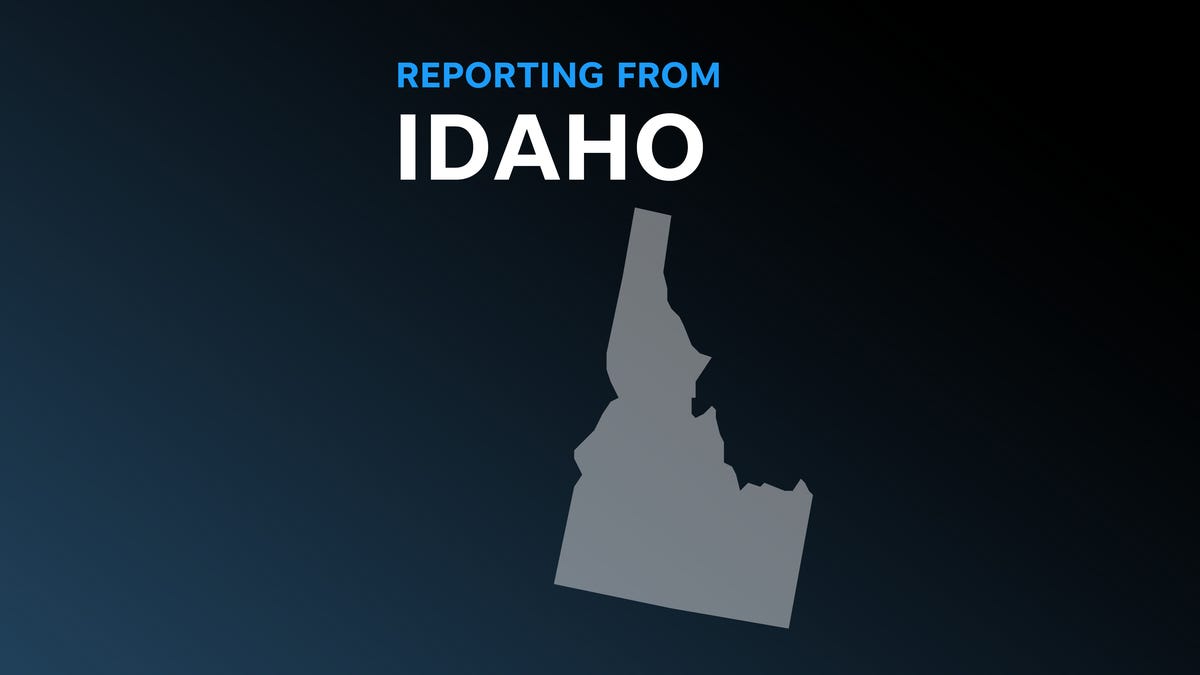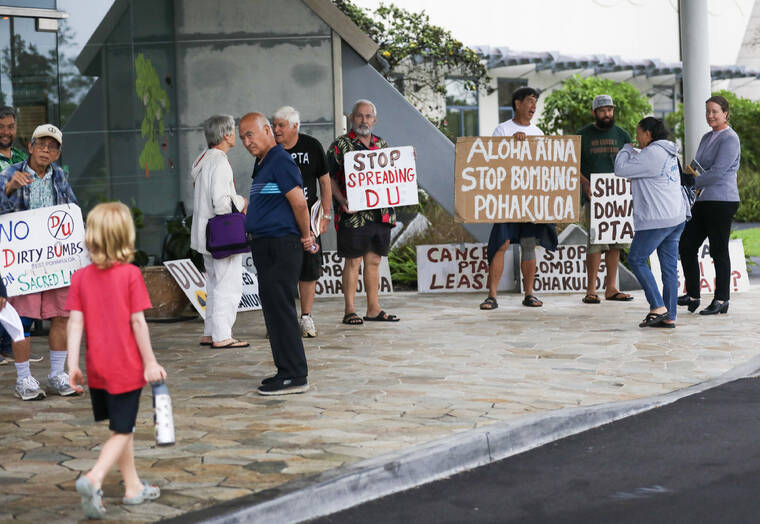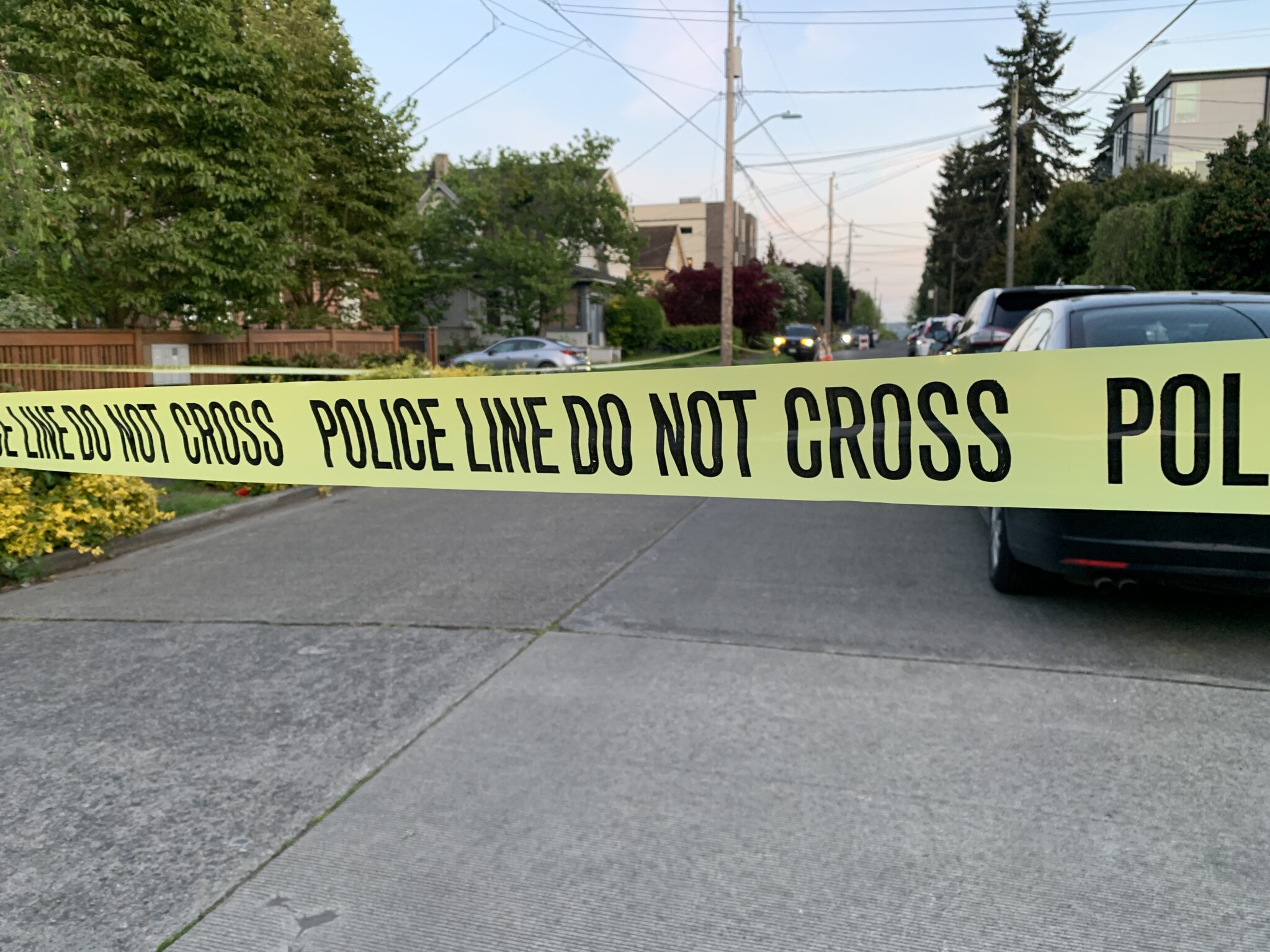World
Supply problems and insurance issues make popular weight-loss drugs hard to get

When she prescribes the popular weight-loss drug Wegovy, Dr. Angela Fitch sends patients on a quest she likens to “The Hunger Games.”
They will have to call drugstores over several days to find one with the properly sized first dose. Then they’ll do that again for their second dose, and probably the third. And that’s only if the patient has insurance or the means to afford a drug that can cost more than $1,300 a month.
“This is not for the weak-willed,” said Fitch, who is president of the Obesity Medicine Association and also consults for drugmakers.
Supply problems and insurance complications have made it difficult for people to start — and stay on — Wegovy and similar medications that are transforming obesity treatment, according to doctors and patients around the country. They say getting the high-demand, injectable drugs requires persistence and a fair amount of luck.
People starting on Wegovy have to take injections of gradually increasing strength before they reach the so-called maintenance dose that they stay on.
The drug’s maker, Novo Nordisk, says that demand has forced it to restrict the supply of those smaller, initial doses in the U.S. The company also is warning those taking another weight-loss drug, Saxenda, to expect difficulty filling prescriptions “for the remainder of 2023 and beyond.”
Another drugmaker, Eli Lilly, has said it expects tight supplies until year’s end for its diabetes treatment Mounjaro, which also is prescribed for weight loss.
Finding Wegovy can become a part-time job for patients, said Dr. Diana Thiara, medical director of the weight management clinic at the University of California, San Francisco.
Thiara said some wind up driving 45 minutes or more to get prescriptions filled, a barrier for hourly workers who can’t leave their job and for people without cars.
“It’s usually patients who are a little bit more privileged, able to take off from work to go make those drives,” Thiara said.
One of Fitch’s patients, Mike Bouboulis, has taken Saxenda, Mounjaro or Ozempic, a Novo diabetes drug with the same active ingredient as Wegovy, since around 2019. It became much harder for him to find the drugs in the past year, after their popularity exploded.
Refilling a prescription involved calling five to seven pharmacies.
“They all know what you’re calling for, and they all have the same answer: ‘I don’t know. We’ll see tomorrow,’” said the 35-year-old small business owner who lives outside Boston.
Pharmacy technician Lizzy Nielsen used insider knowledge to start Wegovy earlier this year.
She regularly checked drug wholesalers’ supply lists, refreshing her screen each morning, and then ordering Wegovy for her pharmacy as soon as she saw it in stock.
“I was really lucky … because that’s when it was like starting to be constantly back-ordered,” the 42-year-old West Springfield, Massachusetts, resident said.
While patients have had to deal with shortages of many medications in the past year, those taking weight-loss drugs can face coverage complications too.
The federal Medicare program for people age 65 and older doesn’t cover obesity medicines, but some privately run Medicare Advantage or Medigap plans do, according to Novo. Coverage from Medicaid programs for people with low incomes varies.
Doctors and patients say many insurers have stopped covering Ozempic and Mounjaro outside their approved use for diabetes. Some insurers and employers don’t pay for Wegovy.
Novo Nordisk even offers a form letter on its Wegovy website to help doctors request coverage.
Bouboulis, the Boston-area resident, said his insurer stopped covering Mounjaro earlier this year. He then tried switching back to Ozempic but found that also was no longer covered.
He’s taking low doses of leftover Ozempic until he can find coverage.
“I know the insurance companies don’t want to pay, but between (them) and the pharmaceutical industry, they need to find some kind of nice middle ground because these medications, they can save people’s lives,” said Bouboulis, who has lost around 80 pounds since he started taking them.
Employers and insurers that do pay for the weight-loss treatments often require patients to get pre-approval or to first try other strategies like diet and exercise.
Some require patients to show they’ve lost 5% of their body weight after six months on the drugs in order to continue coverage. Supply problems make that hard, Thiara noted.
“A lot of patients are not staying on it consistently because they can’t get it,” she said.
Dr. Laura Davisson estimates that less than 30% of her patients with insurance through an employer or an individual plan have obesity medicine coverage.
Davisson directs a weight-loss program in West Virginia, a state that consistently ranks as having one of the highest obesity rates in the country. The state’s Medicaid program doesn’t cover Wegovy, but neighboring Pennsylvania’s does.
“For me, it’s either they have coverage through insurance, or they’re not taking it,” she said. “No one can afford it.”
Coverage may improve over time, as it has with other obesity treatments like bariatric surgery.
About 46% of large U.S. employers cover obesity medicines like Wegovy, according to the benefits consultant Mercer. Another 18% are considering it. Mercer’s experts say employers are still trying to learn about how the added cost will affect them and what other support patients may need.
Dr. Deborah Horn says she thinks supply problems and coverage will eventually smooth out, but it may take a couple years. She noted that the FDA may soon approve Mounjaro to treat obesity, which could improve coverage.
Drugmakers also are developing other weight-loss medications, including easier-to-take pills.
In the meantime, more patients are realizing that they can get medical help for their disease and don’t have to manage it on their own, said Horn, an obesity medicine expert at UTHealth Houston.
“I feel like this is the beginning of the change in obesity care, where we will see every year better and better medications coming to market and people getting their disease under control,” she said. “We’re just in the hard part … right now.”
___
The Associated Press Health and Science Department receives support from the Howard Hughes Medical Institute’s Science and Educational Media Group. The AP is solely responsible for all content.

World
China's exports and imports return to growth, signalling demand recovery

World
Nicaragua cancels a controversial Chinese interoceanic canal concession after nearly a decade
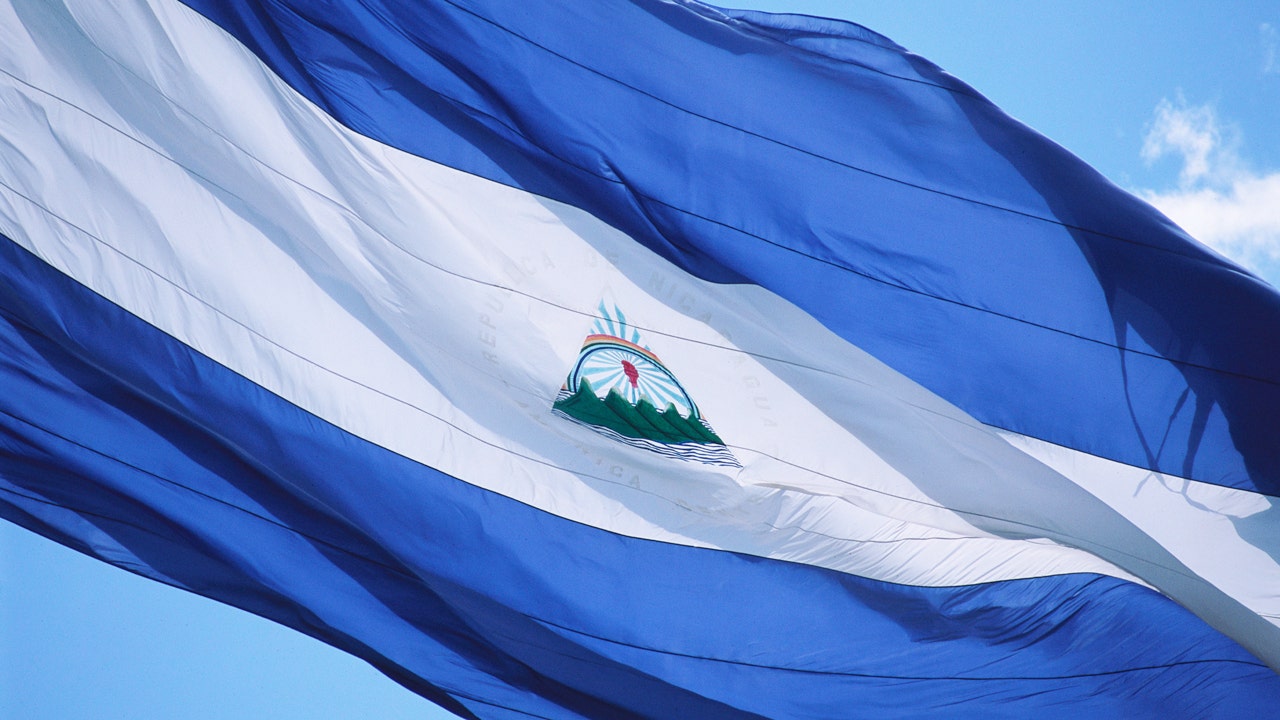
After nearly a decade, Nicaragua’s congress finally canceled on Wednesday a controversial canal concession granted to a Chinese businessman that critics said endangered the environment and threatened to displace rural communities.
Despite a symbolic “groundbreaking” in 2014, no work was done on the canal that was to link Nicaragua’s Atlantic and Pacific coasts. At one point, crews broke ground on access roads near the canal but digging the waterway never started.
A NEW STUDY SAYS ABOUT HALF OF NICARAGUA’S POPULATION WANTS TO EMIGRATE
Thousands of Nicaraguan farmers had protested against land seizures meant to create a route for the government-backed project.
In 2019, a Nicaraguan judge sentenced three farmers’ leaders who participated in the protests to prison for 216 years, 210 years and 159 years. They were accused of promoting a “failed coup” against the government. Nicaraguan law caps prison time actually served at 30 years.
After nearly a decade, Nicaragua’s congress has finally canceled a controversial canal concession granted to a Chinese businessman that critics said endangered the environment and threatened to displace rural communities. (Nik Wheeler/Corbis via Getty Images)
The proposed $50 billion, 172-mile (278-kilometer) canal across this Central American nation was long viewed as a joke that later turned deadly serious. The canal and its potential effect on the environment became a symbol of the odd and arbitrary nature of President Daniel Ortega’s increasingly repressive regime.
Ortega’s government claimed the canal would create tens of thousands of jobs and stimulate the poor Central American nation’s economy.
Detractors argued it posed serious environmental risks, would displace thousands of families in the countryside and was financially unfeasible.
The canal concession was granted to the Hong Kong-based company HK Nicaragua Canal Development Investment Co. Limited, owned by Chinese businessman Wang Jing.
World
‘My vote snatched’: India election clouded by mysterious candidate pullouts

New Delhi, India – Prince Patel cancelled his vacation plans after the dates were announced for India’s ongoing weeks-long elections. The 61-year-old retired engineer said he had waited patiently for five years to cast his vote in Surat, India’s diamond hub in the western Indian state of Gujarat, “to give my referendum against the policy failures of [Prime Minister Narendra Modi’s] government”.
But when the May 7 date arrived for the city to vote along with 92 other constituencies in the third phase of India’s election, there were no polling booths set up in Surat.
Two weeks earlier, the Election Commission of India (ECI) had already called the seat in favour of Modi’s Bharatiya Janata Party (BJP) after cancelling the nominations of the opposition Congress party’s candidate and five others. The eight remaining candidates all withdrew.
Patel said he was devastated. He had voted for the BJP in 2014, lifted by Modi’s promises of “acche din” (good days). But by 2019, disenchantment had set in. Unemployment and price rise are some of his biggest worries, he said – sentiments that mirror recent opinion polls.
“I would rather vote for a pigeon than choose the BJP,” he said. “My children have graduated but there are no jobs.”
Yet, Surat is only the most extreme example of a peculiar phenomenon that is playing out in multiple constituencies across India: opposition candidates dropping out, joining the ruling BJP or alleging threats to their lives. Even as the BJP has denied any foul play, opposition candidates claim these instances are evidence of an uneven political playing field.
“The government is their [BJP’s] own, and the election commission cancelled several nominations on one point or another,” said Vijay Lohar, who was the candidate of a regional party, the Bahujan Republican Socialist Party, before his nomination was rejected by election authorities. “The BJP is the referee of this game. Where should I complain?”
‘Show of dominance’
More than 400km (250 miles) miles away from Surat, the city of Indore in the central state of Madhya Pradesh is also preparing for what is shaping up, effectively, as a non-contest.
The city’s vote is scheduled for May 13. But Akshay Kanti Bam, the candidate for the Congress, withdrew his nomination on April 29, the last date for withdrawal of candidatures – after the deadline for filing nominations had passed. In essence, that has meant that the Congress cannot contest against sitting BJP member of parliament Shankar Lalwani, who is also the party’s nominee this time around. Bam, meanwhile, has also quit the Congress and joined the BJP on election eve, claiming that the party that nominated him for the constituency did not support his campaign on the ground.
The Congress party has called on voters in Indore to pick the ‘None of the Above’, or NOTA, option on electoral voting machines – which allows them to show displeasure with all candidates who are contesting – even as it accuses the BJP of pressuring Bam to switch sides on election eve. Bam did not respond to repeated requests from Al Jazeera for an interview.
The BJP insists it has had no role in the decisions of opposition candidates who have withdrawn their nominations.
“People have withdrawn as per their discretion and these are absolutely baseless allegations,” said Zafar Islam, a national spokesperson for the BJP. “Thousands of candidates are fighting in this election across hundreds of seats peacefully – these allegations are only aimed at maligning the BJP’s image.”
But some analysts see a pattern in the constituencies affected by candidate withdrawals. Gujarat and Madhya Pradesh are both bastions of the BJP: The party won all 26 of Gujarat’s seats in the Lok Sabha – the lower house of India’s parliament – in 2014 and 2019. It won 27 out of Madhya Pradesh’s 29 seats in 2014 and improved that to 28 wins in 2019.
In the public eye, the pull-out of opposition candidates from key contests in these states is akin to “booth capturing”, said Neelanjan Sircar, a senior fellow at the New Delhi-based Centre for Policy Research (CPR), referring to the illegal practice of seizing control of a polling station during elections, which used to be common in parts of India until a few decades ago.
“At a level of the booth, you capture the booth you are strongest at, and that is done to demonstrate dominance,” said Sircar. The idea, he said, is to “signal to the opposition that we can win elections whenever we want”.
And however the ruling party wants, if Jitendra Chauhan, a candidate who withdrew his nomination from the Gandhinagar seat in Gujarat, is to be believed.
‘Threat to our lives’
Chauhan’s name was supposed to be among the options on the voting machine on May 7, when Gandhinagar voted.
But the 39-year-old painter, who was contesting as an independent candidate, pulled out of the election against India’s powerful Home Minister Amit Shah, who is widely seen as Modi’s deputy.
“There has been extreme pressure upon me, and I have been mentally tortured to the point where I gave up,” Chauhan told Al Jazeera. He claimed that “BJP people” approached his extended family to pressure him to quit. If they could reach his family, they could hurt them too, he feared.
“So I backed off and withdrew my nomination,” he said.
Father to three daughters, Chauhan released a video on April 21, sobbing and alluding to a threat that he received of consequences – including for his very life – if he did not back down. Many other candidates also pulled out from the contest against Shah.
“I have a responsibility to raise my daughters,” he said, adding that he moved his children to safety outside Gujarat, which is ruled by the BJP, before coming back to vote on May 7. “I’m not financially well-off and I cannot afford to resist the BJP because anything can happen to our lives.”
The BJP has not lost the Gandhinagar seat since 1984. In the 2019 elections, Shah won the seat by a margin of 550,000 votes, and there is little evidence that he would have faced any risk of a loss even if all candidates had contested as they had planned to. But his campaign has set its eyes on doubling Shah’s 2019 victory margin, and fewer contestants could help.
In the 2014 and 2019 elections, “there was a booming turnout for anticorruption promises and nationalism”, but the BJP has lost that wave, said Sircar of the CPR. “The BJP is certainly the most popular party in India, but you have to manufacture some ways of keeping these markers of dominance,” he said.
A Gujarat-based political analyst, who spoke on condition of anonymity because of fears over their safety, said these incidents pointed to holes in India’s claims to be the world’s largest democracy simply because of the scale of the election it holds. “The worst of democracies also have elections – you cannot do away with elections,” they said. “But the question is about the fairness of the electoral process, and that seems compromised in India.”
It is a sentiment that Chauhan echoed. He said he had thought of contesting because, as a common man who had grown up in poverty, he felt politics was the only vehicle for change.
“But it will always be like a hole in my heart that I was forced into withdrawing,” said Chauhan, his voice cracking, as he spoke on May 7 after voting. “When I voted today, I did not feel like an independent citizen. I felt like a subject of King Modi.”
‘Future in darkness’
In India, a walkover is rare for candidates. An uncontested win has only been recorded 23 times since the country gained independence in 1947.
But for a little more than a decade, Indian elections have also offered the NOTA option. That’s what the Congress is pushing voters in Indore to pick on May 13.
Anuj, a 60-year-old from Indore, who wished to be identified by his first name, was first drawn to the Congress when he drove the campaign jeep of the late Prime Minister Rajiv Gandhi as a young man more than three decades ago. Since then, he has been loyal to the party, he said, and has campaigned for the Congress this time too.
“We all will vote NOTA. My party candidate is not there, and the other option is the BJP,” he said. “It may not change anything, but it will give comfort to my heart that I resisted.”
Meanwhile, a group of lawyers working with civil society activists are also planning to take India’s election commission to court for calling the result of the Surat election without allowing people to vote on NOTA.
“Is NOTA not seen as an independent candidate on the machine?” one of the lawyers said in a conversation with Al Jazeera, requesting anonymity, citing fears of pressure aimed at pre-empting the petition.
Back in Surat, Patel, the retired engineer, was more blunt about his frustration.
“My right to vote has been snatched,” he said.
-

 Politics1 week ago
Politics1 week agoStefanik hits special counsel Jack Smith with ethics complaint, accuses him of election meddling
-

 Politics1 week ago
Politics1 week agoThe White House has a new curator. Donna Hayashi Smith is the first Asian American to hold the post
-

 Politics1 week ago
Politics1 week agoAnti-Trump DA's no-show at debate leaves challenger facing off against empty podium
-

 News1 week ago
News1 week agoAs student protesters get arrested, they risk being banned from campus too
-

 News1 week ago
News1 week agoVideo: Police Arrest Columbia Protesters Occupying Hamilton Hall
-

 World1 week ago
World1 week agoNine on trial in Germany over alleged far-right coup plot
-

 World1 week ago
World1 week agoStrack-Zimmermann blasts von der Leyen's defence policy
-

 Politics1 week ago
Politics1 week agoNewsom, state officials silent on anti-Israel protests at UCLA

